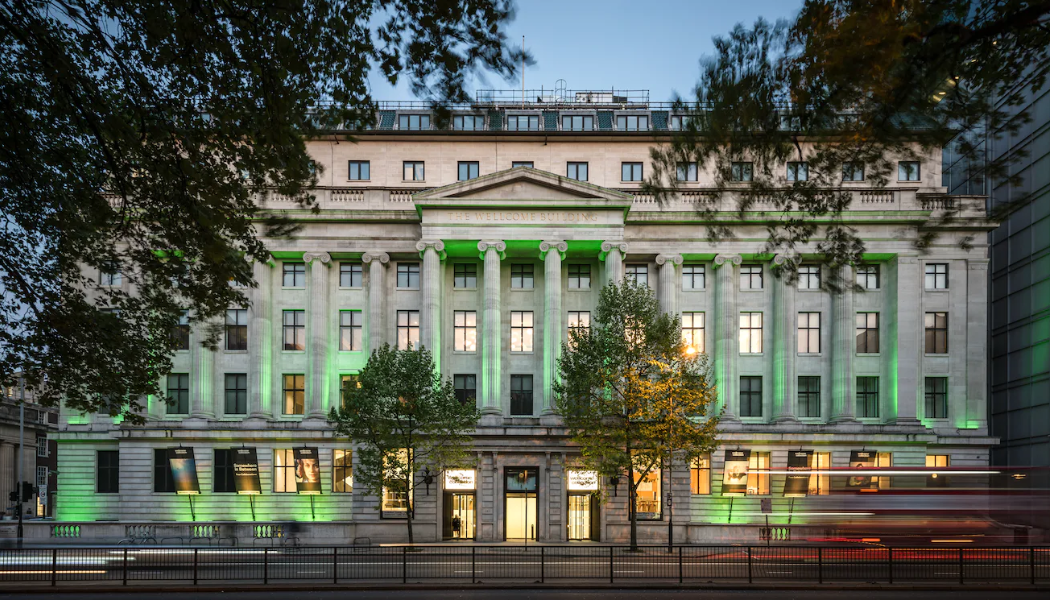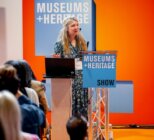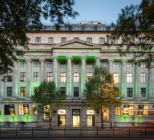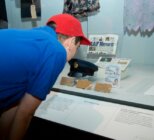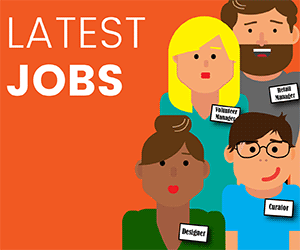Researchers and organisations across England are to begin a £1m project to explore the ways that the senses can improve access and inclusion in museums.
The Sensational Museum project hopes to address the assumption that sight is a necessary part of the optimal museum experience, which it said risks alienating people who prefer to access and process information in ways that are not only – or not entirely – visual.
It will look to create inclusive museum interventions which are accessible to everyone.
Funded by the Arts and Humanities Research Council, ‘The Sensational Museum’ is led by Professor Hannah Thompson of Royal Holloway, University of London and will put disability at the centre of museum practice.
Thompson said: “many people want or need to access and process information in ways that are not only – or not entirely – visual. But museums are very sight-dependent places. Let’s imagine a museum experience that plays to whichever senses work best for you. The project aims to give all visitors inclusive, engaging, enjoyable and memorable experiences.”
The team includes Social Design specialist Anne Chick from University of Lincoln; Psychologist Alison Eardley from University of Westminster; and Museum Studies expert Ross Parry from University of Leicester.
The project will prepare a blueprint for what it calls a new ‘sensory logic’, prototype a toolkit with museum professionals and visitors, and finally promote the outputs in publications, conferences and at showcase events.
Alongside academics, a total of ten partner organisations are involved in the project. Among them is creative practice AVM Curiosities, which works with flavour and fragrance in the museum and cultural sector.
Curating for Change, which creates placements and career paths for D/deaf, disabled and neurodiverse people to lead in museums, is a partner.
Also partnered on the project is cultural consultancy Barker Langham, the Group for Education in Museums (GEM), the Museums Association, the Wellcome Collection and Vocaleyes, which provides audio description for the arts.
The team will work with disabled and non-disabled visitors, staff, and sector organisations to prototype and test a range of new ways of accessing museum collections and cataloguing objects.
The project begins in April 2023 and will conclude in July 2025.

